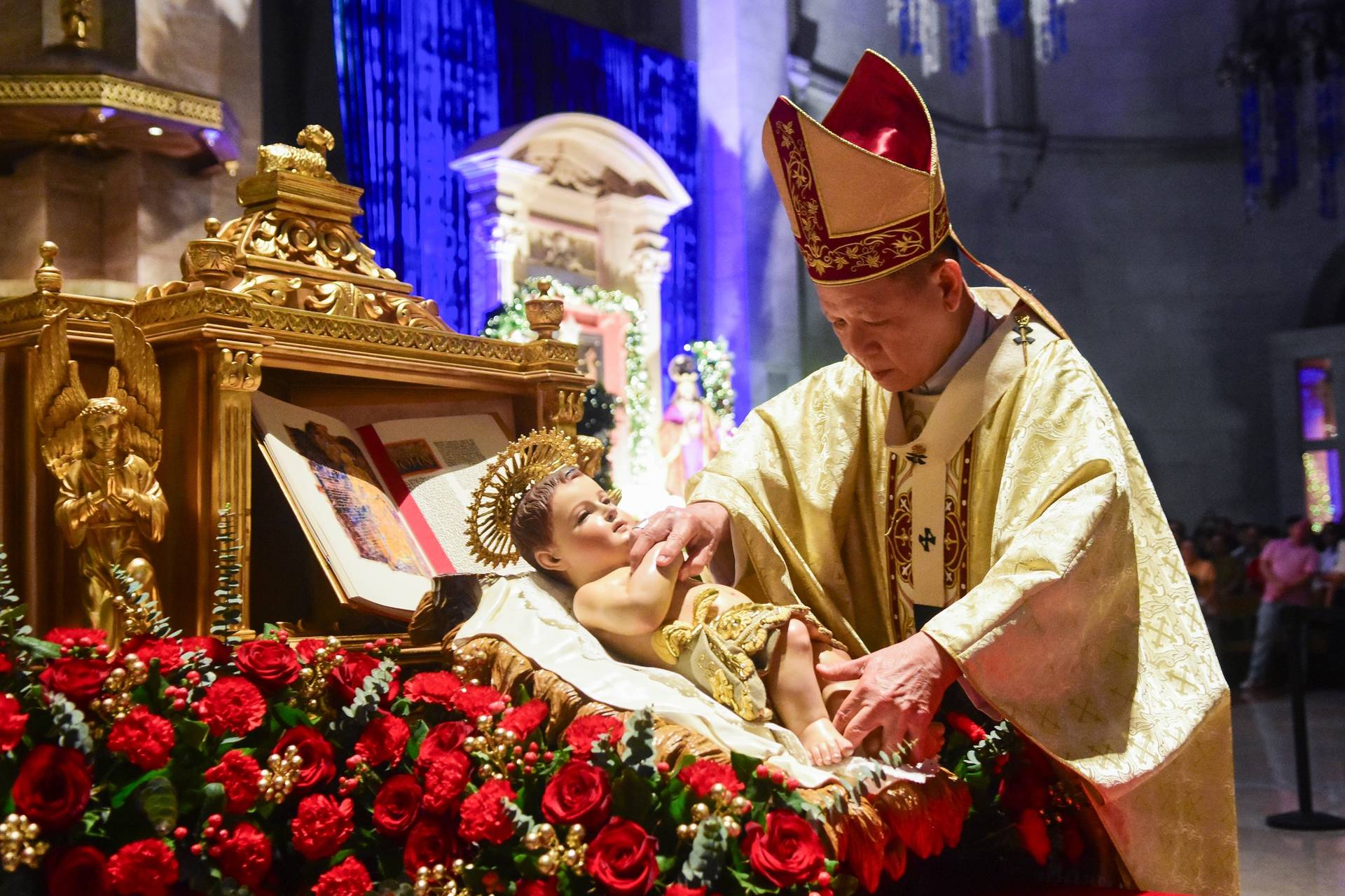MUMBAI – Ahead of elections this month expected to bring further gains for India’s already powerful Hindu nationalist movements, Catholic bishops have issued new guidelines for schools asking students to recite the preamble to the Indian constitution, which, among other things, guarantees “liberty of belief, faith and worship.”
The Catholic Bishops Conference of India (CBCI) has directed all educational institutions under its jurisdiction to have students recite the preamble during daily assemblies, and also to inscribe the preamble on the main entrance to all schools.
The effort is widely seen as an effort to shore up India’s traditionally secular ethos, at a time when hardline Hindu groups are seeking to impose a stronger sense of religious identity on the vast Asia nation.
India’s bishops also directed church-run schools to foster a climate of respect for all faiths, and traditions and to refrain from imposing Christianity on students of other religions. Among other things, Catholic schools should have an inter-religious prayer room, known as a Sarvadharma Prarthanalay, on school grounds.
The bishops issued the new guidelines to address what they called “emerging challenges due to the current socio-cultural, religious, and political situation” in the country.
Across India, the Catholic Church operates roughly 14,000 schools at the elementary and secondary levels, 650 colleges and seven universities, as well as five medical colleges and 450 technical and vocational institutions.
The new 13-page school guidelines also include recommendations to recruit teachers from diverse backgrounds, to promote religious and cultural sensitivity and respect for diversity, and to display photos of prominent Indians throughout history including “freedom fighters, scientists, poets [and] national leaders.”
The guidelines also address school security, including “physical security measures to control access to school buildings and grounds, such as locked doors, entryway security systems, visitor check-in procedures, and surveillance cameras.”
Archbishop Elias Gonsalves of Nagpur, who heads a CBCI Commission for Education and Culture, told Crux that the guidelines reflect discussions among the country’s bishops during their most recent plenary assembly in February.
“Discussions were also on the increasing disharmony in the context of the religious fabric of the country, hence in our institutions, which cater mostly to people of all faiths, there was a suggestion that students should recite the preamble during the school assembly,” Gonsalves said.
“The preamble sets forth five characteristics and four objectives, which include the concepts of [being] a sovereign, socialist, secular, democratic republic, and the objectives of justice, liberty, equality and fraternity. All perfectly summarize the essence of the core values of India,” he said.
“These core values are inherent in every religious text, they are the tenets of all religions …. human dignity, justice, fraternity, equality, social justice and welfare for people of every creed, caste, culture, etc.,” Gonsalves said.
“Moreover, the preamble’s affirmation of secularism emphasizes the importance of religious tolerance and equal treatment for all religions. It upholds the principle of a pluralistic society,” the 62-year-old Gonsalves said.
“We hope, by reciting the Preamble of the constitution during the daily assembly, it would deepen our understanding of the foundational principles that shape Indian democracy and the democratic ethos of the nation,” he said.
Gonsalves noted that Catholic schools in India already stage an annual observance of Constitution Day on Nov. 26, marking the anniversary of the adoption of the constitution in 1949. Those events feature an interfaith prayer service and other activities intended to promote the values enshrined in the document.
Although the bishops did not specify which “emerging challenges” prompted them to launch the new push around the preamble, most observers believe it’s connected in part to the looming elections set to begin April 19.
Six weeks of balloting will follow before the elections wrap up June 4, but most forecasts anticipate a victory for the ruling Bharatiya Janata Party (BJP) of Prime Minister Narendra Modi.
Many representatives of minority groups in India report a worsening climate for religious freedom during the decade in which the BJP has been in power, warning of efforts to impose Hindu identity which some observers have dubbed the “saffronization” of India, referring to the color of traditional garments worn by Hindu sages and devotees.
The New Delhi-based United Christian Forum (UCF) rights watchdog group says it recorded 731 attacks against Christians in India last year, warning of “vigilante mobs comprising religious extremists” attacking Christian targets. Other Christian activists complain of harassment under state-level anti-conversion laws, which they claim are often used to intimidate minority groups.
India’s Catholic bishops held a Day of Prayer and Fasting for Peace and Harmony on March 22 ahead of the national elections. At the time, Archbishop Peter Machado of Bangalore said there are reasons for “grave concern” about the direction the country is headed.
RELATED: India’s bishops call for Day of Prayer and Fasting ahead of general elections
Those concerns, Machado said, include “the subtle violation of fundamental rights, the systematic erosion of the pluralistic, secular ethos which has long characterized our country and our constitution, the unscrupulous dilution of Minority Rights, the frequent bulldozing of homes, shops and the places of worship of the minorities on flimsy accusations, the deliberate harassment of those serving in orphanages, hostels, educational and health care institutions on false allegations of forcible conversion.”















